I thought for this week’s post, we would dive a little deeper down the Bitcoin rabbit hole and talk about Libertarians, Austrian Economists and how Bitcoin ties it all together.
Bitcoin and Libertarians
Many Bitcoin enthusiasts are attracted to libertarianism because of the ideology's focus on individual freedom, autonomy, and a distrust of government intervention in the economy and personal lives. The decentralized and non-government controlled nature of Bitcoin aligns with these principles, as it offers a way for individuals to have more control over their own money and financial transactions without the need for intermediaries like banks or governments.
Additionally, the pseudonymity offered by Bitcoin addresses and transactions appeals to libertarians who value privacy and protection from government surveillance. Libertarians often view traditional banking systems and government-issued currencies as forms of centralized control, and Bitcoin represents an alternative that operates on the principles of decentralization and free markets.
Anarcho-capitalists
Anarcho-capitalists are a subgroup of libertarians who advocate for a society without a government or any other centralized authority. They believe in the principles of self-ownership and the absolute right of individuals to control their own lives and property, and they see the state as an entity that uses force to restrict individual freedom and limit the workings of the free market.
Anarcho-capitalists believe that the market, rather than the state, should be responsible for providing goods and services, including the provision of law and order. They argue that the free market, through the laws of supply and demand, would naturally regulate itself and provide the most efficient and just outcome for all individuals.
In an anarcho-capitalist society, individuals would be free to enter into any voluntary agreement with others, and disputes would be resolved through private arbitration or the use of private defense agencies. They believe that private property rights and the profit motive would incentivize individuals and businesses to behave ethically and to offer goods and services at fair prices. It’s easy to see how this could devolve into a feudal society and I’m not personally in this campl.
Minarchists
There is a wide range of opinions within the libertarian movement, and different individuals and organizations may identify as "moderate" or "more moderate" depending on their specific views. However, one subgroup of libertarians that could be considered more moderate is minarchists.
Minarchists believe in a limited role for government, with the primary purpose of government being to protect individual rights, such as property rights and personal safety, and to provide public goods that the market cannot efficiently provide, such as roads and national defense. Minarchists view government as a necessary evil and argue that it should be kept as small as possible and limited to its essential functions.
Minarchists tend to place a higher value on stability and practicality than on complete individual autonomy and the elimination of government, and they often advocate for a more gradual approach to reducing the size and scope of government. They tend to be more supportive of government regulation in areas such as the environment, consumer protection, and public health, but they also believe that such regulations should be limited in scope and designed to minimize their impact on individual freedom and the free market.
Overall, minarchists represent a more moderate, nuanced position within the libertarian spectrum and often prioritize individual freedom and free markets while acknowledging the need for a limited role for government in certain areas. This approach makes more sense to me as long as government is small enough to protect property rights and perform the things that are better done by governments. I’m more in line with this way of thinking.
Why Libertarians Have Struggled in the US
Since I find Libertarian ideals appealing, I wanted to understand better why it hasn’t been so successful in the United States, especially in recent years. As it turns out, there are a variety of reasons:
Limited electoral success: The Libertarian Party has had limited success in elections, both at the local and national level. This has made it difficult for the party to gain significant traction and recognition among the wider public.
Lack of resources: The Libertarian Party has struggled to compete with the larger, better-funded Democratic and Republican parties in terms of resources and campaign spending. This has made it difficult for the party to get its message out and build a strong political base.
Difficulty appealing to a broad electorate: The libertarian ideology, which emphasizes limited government and individual freedom, may not resonate with a significant portion of the electorate. As a result, the party has struggled to gain widespread support and expand its base.
Political polarization: The increasing political polarization in the United States has made it more difficult for third parties, like the Libertarian Party, to gain a foothold. Many voters have become more entrenched in their support for either the Democratic or Republican Party, making it challenging for third-party candidates to break through.
Limited media coverage: The limited media coverage of third-party candidates and parties, including the Libertarian Party, has made it difficult for the party to raise its profile and attract new supporters.
Austrian School of Economics
The Austrian School of economics is a school of thought in economics that emphasizes the importance of individual freedom, the market process, and the role of property rights in shaping economic behavior. It is considered a more classical liberal approach to economics, in contrast to the more interventionist, Keynesian approach that dominates mainstream economics. Also know as “Central Planning.”
Austrian economists argue that the market, rather than government intervention, is the most efficient means of allocating resources. They believe that the market process, in which individuals make decisions based on their own self-interest, leads to the most efficient outcomes for society as a whole. They also argue that government intervention in the market, such as regulation, central planning, and inflation, can lead to inefficiencies, unintended consequences, and economic instability.
Some of the key concepts in Austrian economics include the following:
Subjectivism: The belief that economic value is subjective and depends on individual preferences.
Spontaneous order: The idea that order can arise spontaneously in society through the interactions of individuals pursuing their own self-interest.
Entrepreneurship: The role of entrepreneurs in discovering new market opportunities and shaping the economy.
Time preference: The idea that individuals have different preferences for present versus future consumption, and that this affects their economic decisions.
Business cycles: The Austrian explanation of business cycles as a result of government intervention in the market, particularly through monetary expansion.
Some of the strongest proponents of the Austrian School of economics include:
Ludwig von Mises: A 20th-century economist and philosopher who is considered one of the founding figures of the Austrian School. He wrote extensively on the role of individual freedom and the market process in shaping economic behavior.
Friedrich Hayek: A Nobel Prize-winning economist and philosopher who is best known for his work on the concept of spontaneous order and the dangers of central planning.
Murray Rothbard: An economist and political theorist who was a leading figure in the development of libertarianism and the Austrian School.
Israel Kirzner: An economist who has written extensively on the role of entrepreneurship in the economy and the discovery process in markets.
Libertarianism and Austrian School of Economics
Libertarianism and the Austrian School of economics share many similarities and are often closely associated with each other. The Austrian School is an economic theory that emphasizes the importance of individual freedom, the market process, and the role of property rights in shaping economic behavior.
Austrian economists believe that the market, rather than government intervention, is the most efficient means of allocating resources and that the government's role in the economy should be limited. They argue that central planning, regulation, and intervention in the market can lead to inefficiencies and unintended consequences.
These beliefs align closely with the libertarian emphasis on individual freedom, limited government, and the market process. Libertarians also tend to view the market as a more efficient means of allocating resources and believe that the government's role in the economy should be limited.
Additionally, the Austrian School's emphasis on the importance of property rights, the rule of law, and the protection of individual freedom is consistent with libertarian political principles.
In this sense, the Austrian School of economics and libertarianism share many similar views on the role of government and the market in society, and their ideals often complement each other.
Friedrich Hayek was a prominent figure in the Austrian School of economics and a defender of classical liberal values. He was a Nobel Prize-winning economist and philosopher who believed in the importance of individual freedom, the market process, and the limitations of human knowledge and control. Hayek's famous quotes reflect these beliefs and continue to be widely quoted and referenced in debates on economics, political theory, and public policy. One of his most famous quotes states, "The case for individual freedom rests largely on the recognition of the inevitable and universal ignorance of all of us concerning a great many of the factors on which the achievements of our ends and welfare depend." Another famous quote from Hayek is, "The market process is not something we direct; it is something we discover." He also believed that, "The curious task of economics is to demonstrate to men how little they really know about what they imagine they can design." Hayek emphasized the importance of recognizing the limits of human knowledge and control, stating that, "The recognition of the insuperable limits to his knowledge ought indeed to teach the student of society a lesson of humility which should guard him against becoming an accomplice in men's fatal striving to control society." He also believed that in a competitive society, it is the consumer, not the entrepreneur, who directs resources through their choices in the market. Hayek's famous quotes highlight his views on the importance of individual freedom, the market process, and the limitations of human knowledge and control and continue to shape economic thinking today.
Bitcoin and Austrian Economics
Many Bitcoiners are attracted to Austrian economics because it emphasizes the importance of individual freedom and the limitations of government intervention in the economy. Austrian economics also places a strong emphasis on the market process and the role of prices in allocating resources, which is relevant to the functioning of decentralized systems like Bitcoin. Austrian economists believe in the importance of property rights, sound money, and limited government, which align with the values of many in the Bitcoin community who view Bitcoin as a tool for increasing financial freedom and reducing the power of governments and financial intermediaries. Additionally, Austrian economists have a skeptical view of central planning and interventionism, which resonates with many in the Bitcoin community who view centralization as a threat to financial security and privacy. Overall, the alignment of values and beliefs between Austrian economics and the goals of the Bitcoin community has led to a significant overlap between the two groups.
Not financial or legal advice, for entertainment only, do your own homework. I hope you find this post useful as you chart your personal financial course and Build a Bitcoin Fortress in 2023. To see all my books on investing and leadership, click here.
Always remember: freedom, health and positivity!
Please also check out my Building a Financial Fortress Podcast on YouTube here and on all your favorite streaming platforms. I do a weekly Bitcoin news update every week on current items of interest to the Bitcoin community, usually 30 to 60 minutes depending on the number of topics to cover. Please check it out if you haven’t already.

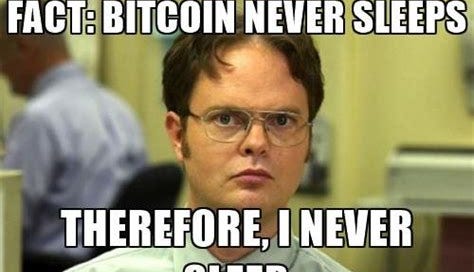



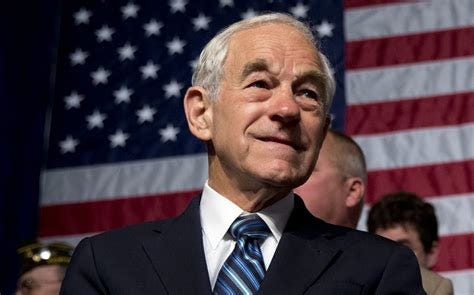
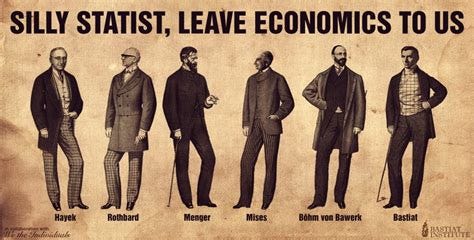
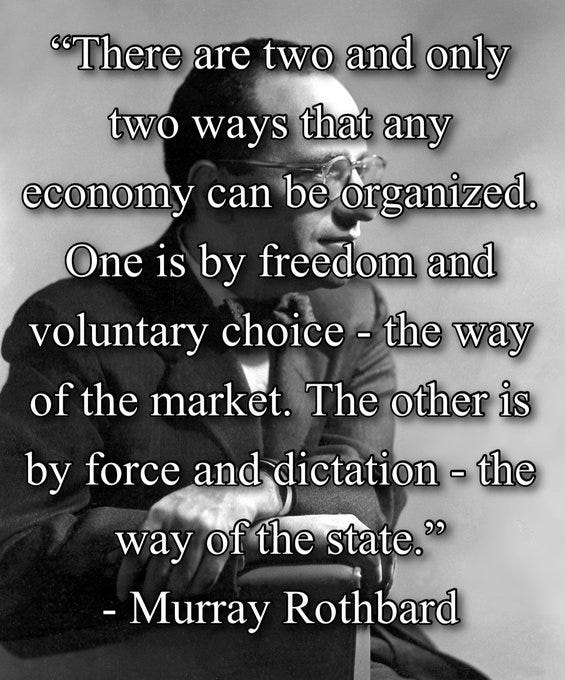
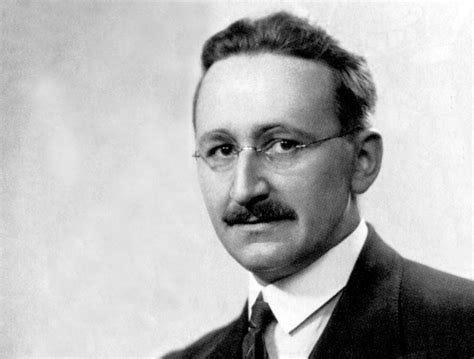
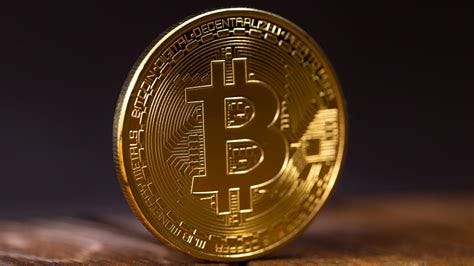

Yes. We were at the vanguard of Bitcoin. We were buying under $1. Unfortunately, most of us had about as much faith in it working as we had faith in ending the Fed. 😂. Regardless, happy to see more and more people clueing in to what really goes on in our economy and in finance…